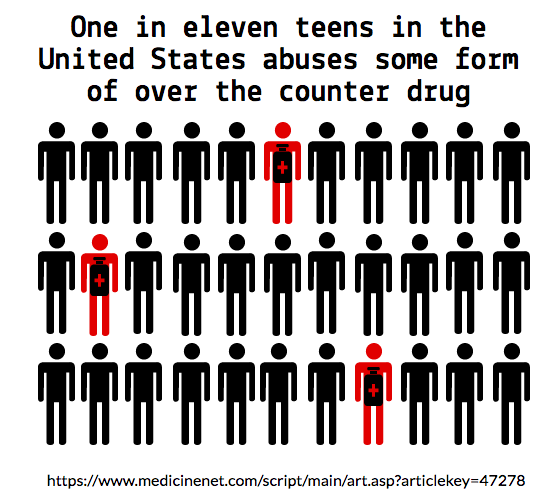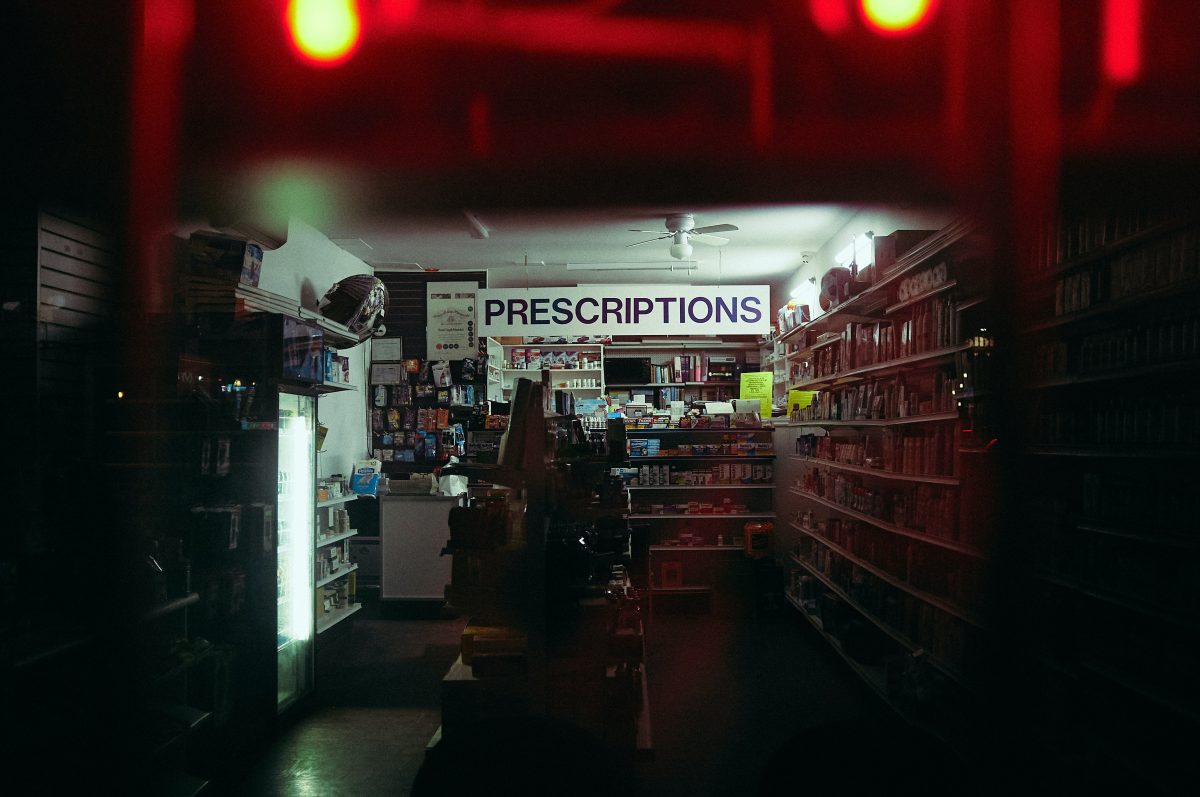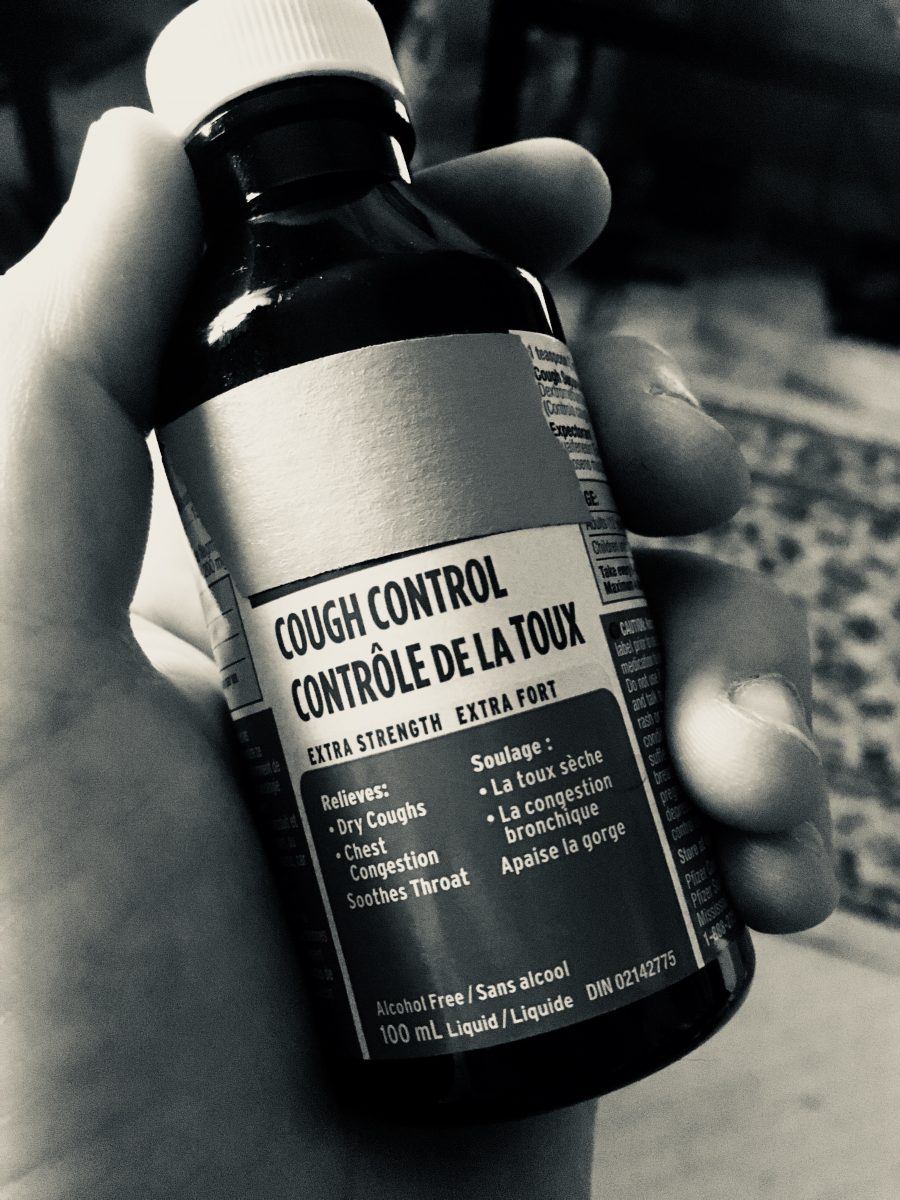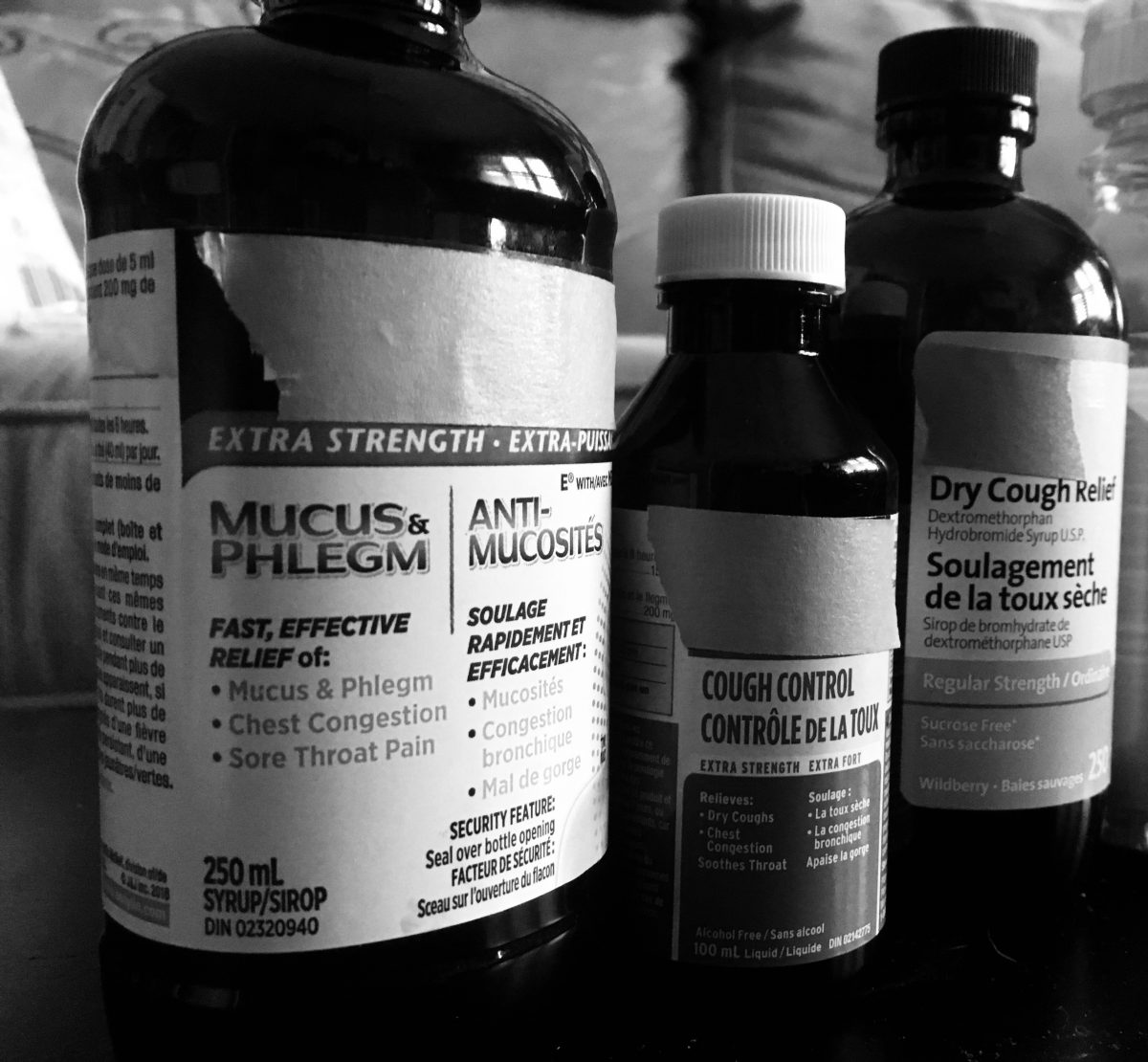“I really do believe it isn’t a certain personality type that abuses drugs, but it is a certain type that lets it drag them down.”
The above quote might sound like it’s referring to illegal substances, but the drug being abused in this scenario was cough syrup.
Over the counter (OTC) drugs are fast becoming a popular means for teens and young adults to get high. These drugs are glamorized in both movies and in music. Codeine, cough syrup and numerous other drugs can easily be obtained from pharmacies, or your medicine cabinet. According to the Food and Drug Administration (FDA), nearly 1 in 11 teens in the United States abuses some form of OTC drug.

This is the story of John (to protect his identity this name is an alias), an 18 year-old who binged on cough syrup for three months, and his family never knew:
“It started with booze, like all good stories do, I guess. Drinking at parties or with the folks, dad was a drinker, mom too–figures I would be as well. Never really enjoyed weed, you get stuck in your head with that stuff, honestly the opposite reaction I was going for.”
When John couldn’t get enough of a buzz from alcohol, he started exploring other options. Narcotics and over the counter drugs have been linked as coping mechanisms for people suffering from depression and anxiety. It allows them to escape their reality and feel better, if even just for a moment’s time. That was John’s goal:
“While I enjoyed being with my friends who were all going off to university or school next year, I could feel something bad coming. Booze wasn’t cutting it, I needed a vacation from my vacation.”
According to the Addiction Centre the most commonly abused drugs are cough medicines, cold medicines and motion sickness pills. It’s a problem that’s getting worse. John says he was addicted to cough medicine.
“To me all I cared is that it would take me somewhere else than where I currently was, unemployed, at home with my parents, and faking going to school. You could buy two bottles over the counter for like less than a bottle of whiskey,” said John.
Abusing cough syrup can cause an out of body experience because of a psychoactive ingredient called dextromethorphan or better known as DXM. This is one of the easier drugs to get a hold of but is also one of the worst for your body when abused. High doses of DXM can cause any number of bodily ailments but the few that stand out are breathing problems, rapid heart palpitations and brain damage. But when you’re addicted, you don’t care.

According to a study carried out by the Globe and Mail and the Canadian Institute of Health, overdoses for teens abusing over the counter drugs have risen dramatically in the past ten years. In John’s case, the internet made it easy to find out how to abuse cough syrup. Describing his first experience he said, “Basically it felt like lucid dreaming with your eyes half open. I’m sure to the observer it looked like I was having a fucking seizure or something but I was locked away in my room and so far away from reality it didn’t matter. . . There was only one rule, don’t drink [alcohol] on it.”

John didn’t follow that rule. He said, “I needed a change from the change I had enacted. So I do what any addict does when they want to up the ante, I started mixing, becoming a makeshift chemist and my body was the test tube.” He started amping up his intake and taking bigger chances:
“One time when I mixed and I did pass out in the kitchen, the only thing keeping me still here was my kid brother waking me up in front of the oven, vomit rising in my throat. . . So instead of falling asleep and choking to death on my own vomit, I instead spent the next couple hours throwing up red foam, actual bubbles, like the froth on a strawberry shake. A combination of the cherry cough syrup and straight vodka, turns out not the best mix.”

Abusing cough medicine might appear to be a minor problem compared to, for example, the fentanyl crisis, but it is just the tip of the iceberg for many people. One drug can lead to another in an endless cycle of new drugs and new addictions. As more substances go into your body the more likely you’re going to have a negative reaction.
Addiction can affect anyone and the stigma attached to it can prevent people from seeking help. Eventually John had a moment of keen self-awareness and was able to stop abusing over the counter drugs:
“It wasn’t that I was afraid to die, although I probably was deep down. I didn’t want to hurt my family and friends, though, and I knew that’s what I was starting to do. This whole escapade probably only lasted three to four months, just one small blip realistically. But looking back, it happening at such a formative point shaped my outlook on life in many ways I couldn’t even begin to imagine at the time.”
If you or someone you know are suffering from an addiction click here to find out where to get help.
